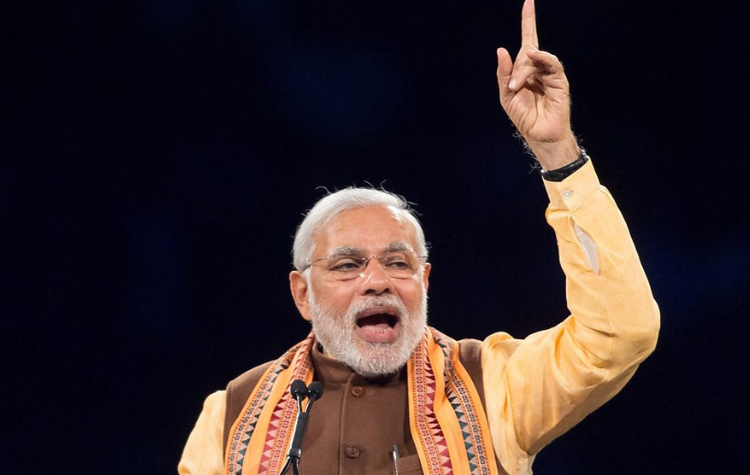(Bangkok/Kathmandu, 6 February 2022) – The Asian Forum for Human Rights and Development (FORUM-ASIA) strongly condemns the Indian government’s ban on the BBC documentary “The Modi Question.” The film explores Prime Minister Narendra Modi’s role during the 2002 Gujarat Riots.
This ban is a continuation of the unprecedented attacks on the freedom of speech and expression, including press freedom, under the Bharatiya Janata Party (BJP)’s government. India ranks 150th out of 180 countries in Reporters Without Borders’ 2022 World Press Freedom Index, indicating a major crisis in press freedom.
On 20 January 2023, the Ministry of Information and Broadcasting prohibited the sharing of clips from the documentary, citing the Information Technology (Intermediary Guidelines and Digital Media Ethics Code) Rules, 2021, which allows the government to block information in case of an emergency. Twitter and YouTube were asked to remove accounts sharing these clips, claiming they “undermine the sovereignty and integrity of India” and contain “unsubstantiated claims”. The platforms have reportedly been ordered to swiftly remove any new links to the video.
The two-part BBC Documentary highlights an unpublished report by the UK Foreign Commonwealth and Development Office regarding the 2002 anti-Muslim riots, which killed hundreds of Muslims. The film raises questions on the involvement of Modi, then chief minister of Gujarat in the riots, suggesting that he was “directly responsible for the climate of impunity” that enabled the genocidal violence. The documentary further notes that the extent of the violence was vastly underreported, with estimates from human rights organisations putting the death toll closer to 2500.
Despite the relentless efforts by the Modi government to restrict access to the documentary, students across India are coming together to screen the documentary. However, they face arrests, intimidation, and violence. Students’ screening at the Jawaharlal Nehru University was disrupted by a power and internet outage and they were threatened with disciplinary action. There were also reports of attacks by opposition groups including instances of stone pelting. At Jamia Milia Islamia University, over a dozen students were detained and the police in riot gear and tear gas was deployed on the campus. At the University of Hyderabad, a student group was investigated after the screening of the documentary. Similarly, at the Tata Institute of Social Sciences (TISS), students were issued a second warning against the documentary screening,
“The ban of the documentary using emergency provisions under Information Technology Rules 2021 is evidence of the repressed atmosphere for freedom of speech and expression in India, where dissenting voices are being actively curbed,” said FORUM-ASIA.
FORUM-ASIA urges the Indian government to review the Information Technology (Intermediary Guidelines and Digital Media Ethics Code) Rules, 2021 in accordance with international law and standards. The current form of the rules gives the government ‘expansive and unchecked powers’ to censor and control online media. We call on the government to ensure that all restrictions on the documentary are revoked and the constitutionally guaranteed fundamental freedoms – of press, speech, expression and peaceful assembly – are respected.
About FORUM-ASIA:
The Asian Forum for Human Rights and Development (FORUM-ASIA) is a network of 85 member organisations across 23 countries, mainly in Asia. Founded in 1991, FORUM-ASIA works to strengthen movements for human rights and sustainable development through research, advocacy, capacity development and solidarity actions in Asia and beyond. It has consultative status with the United Nations Economic and Social Council, and consultative relationship with the ASEAN Intergovernmental Commission on Human Rights. The FORUM-ASIA Secretariat is based in Bangkok, with offices in Jakarta, Geneva and Kathmandu. www.forum-asia.org
For further information, please contact:
- South Asia Programme, FORUM-ASIA, [email protected]
For media inquiries, please contact:
- Communication and Media Programme, FORUM-ASIA, [email protected]




